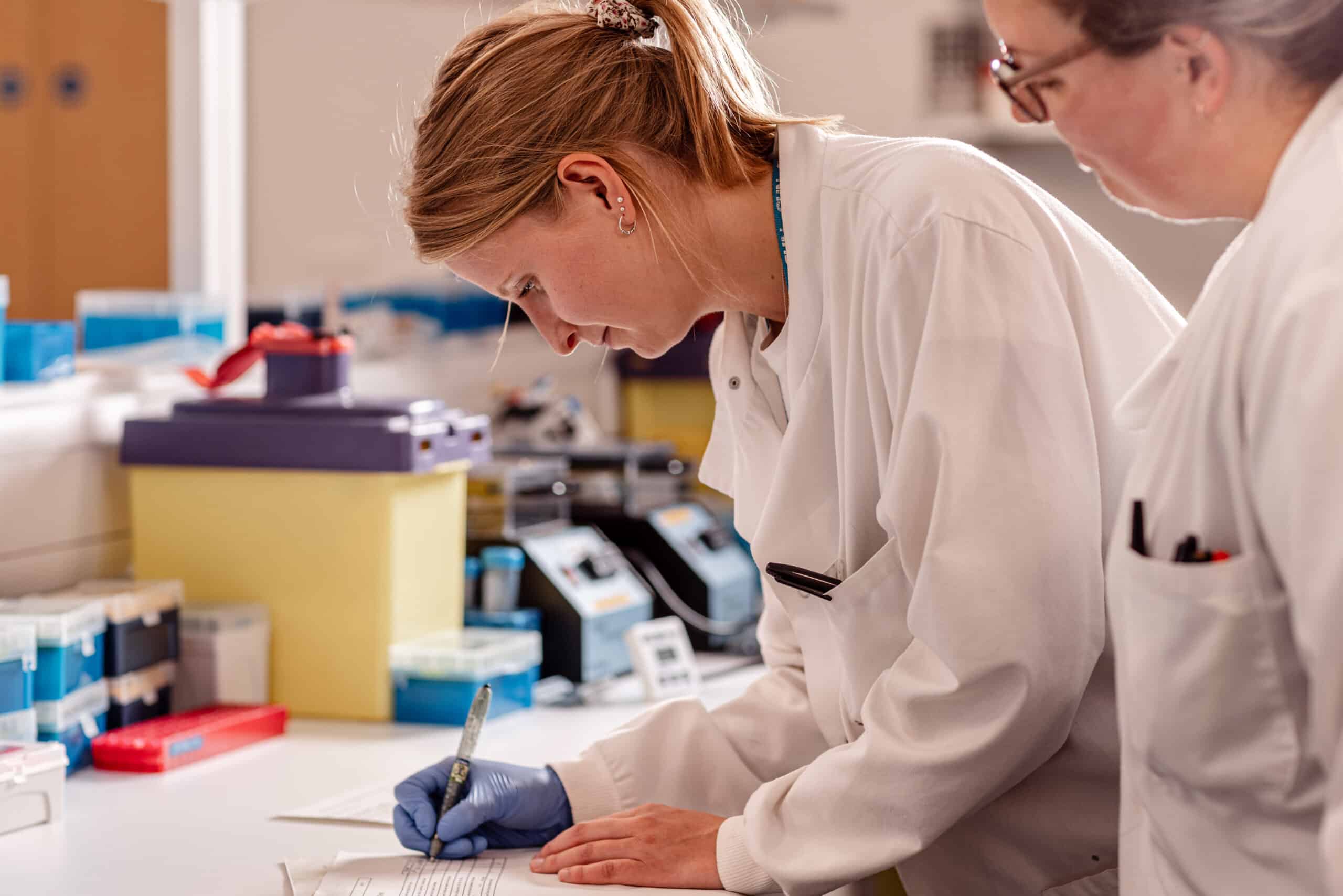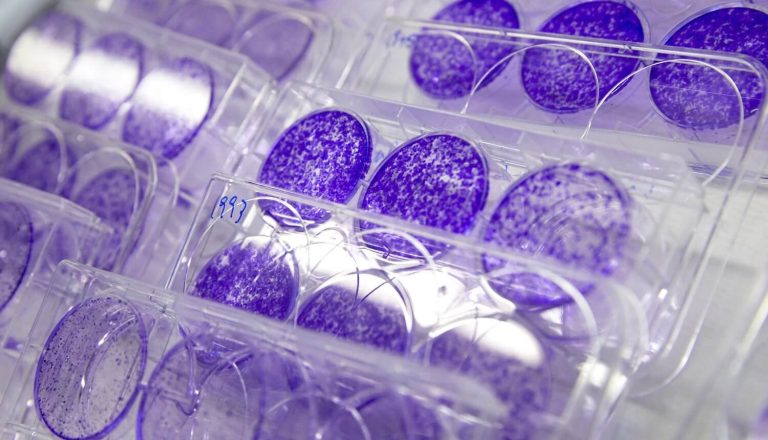Learn about
Immunotherapy
Cancer immunotherapy refers to the use of treatments that harness and enhance the natural powers of the immune system to fight cancer.

Topics on this page
- What is immunotherapy?
- Immunotherapy side effects
- Case study: Layla Richards
- Little Translators Explain
Why do children get cancer?
Learn about the causes of childhood cancer and the research behind it.
Little Translators Explain: Immunotherapy Research
Our Little Translators, Sam and Ross, help to explain Dr Kathleen Birley’s research. Immunotherapy is becoming an increasingly important tool in the treatment of cancer, and some early success has been achieved in certain childhood cancers. It potentially offers increased effectiveness with fewer side effects.
